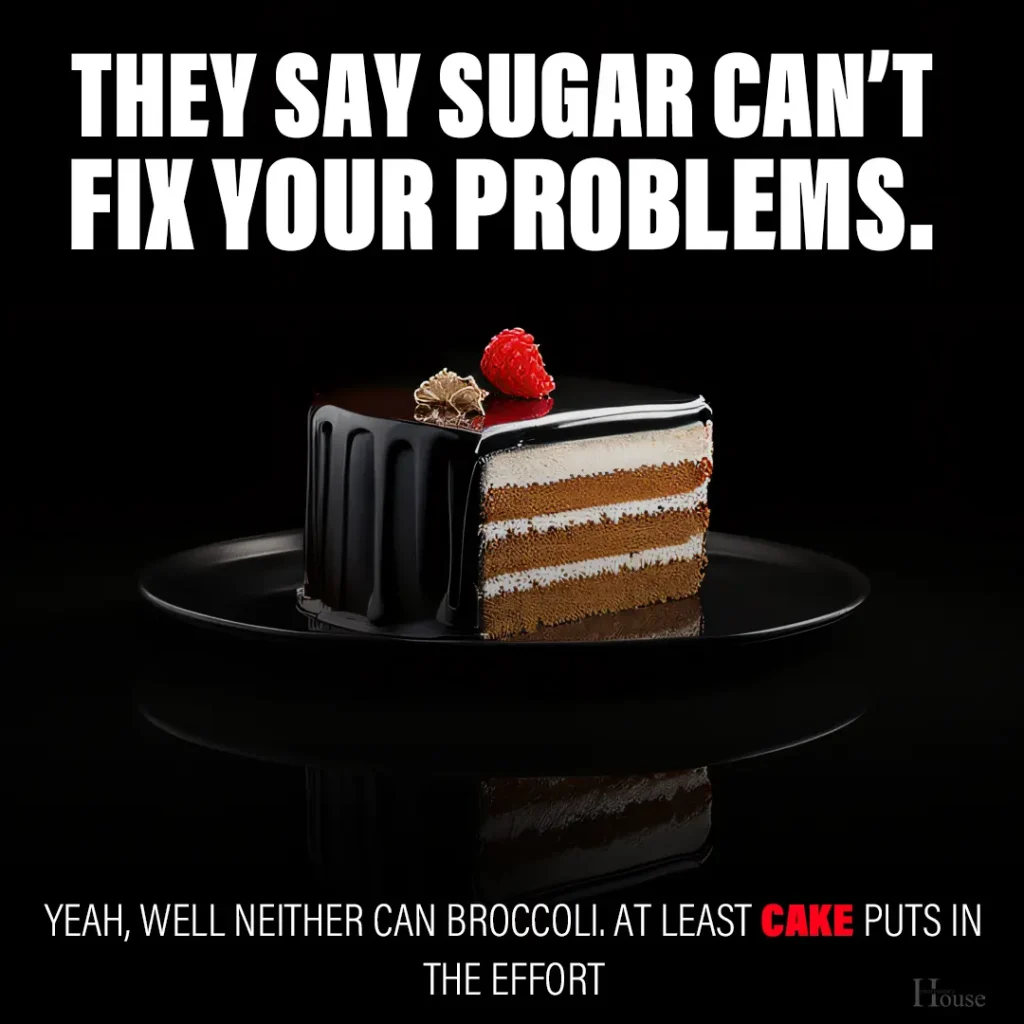Why Regulating Food Portions Won’t Solve Obesity
New York City’s attempt to ban drinks larger than 16 ounces sparked a national controversy, and for good reason. The idea seems absurd when you consider that while a 16-ounce soda is restricted, you can buy a car capable of 200 mph, contributing to the 40,000 annual traffic deaths in the U.S. Does anyone believe this regulation would effectively address obesity? Should the government dictate how much food or drink we consume?
Obesity: A Self-Inflicted Issue
Obesity is undoubtedly a problem in the U.S., but it’s not because the food industry forces people to overeat. No one is compelled to consume a one-pound hamburger or three pounds of fries. Proposed regulations wouldn’t prevent someone from buying multiple servings—three hamburgers, three orders of fries, or five sodas—rendering such laws ineffective. These measures reflect political overreach and could jeopardize the careers of the officials who support them.
The government has a duty to protect the public from threats like foreign invasions or widespread health crises, but it lacks the authority to shield individuals from their own choices. Imagine New York banning motorcycles or alcohol—both demonstrably harmful. Such policies would face fierce opposition, just as food restrictions do.
Why Portion Limits Miss the Mark
Obesity in the U.S. and other developed nations stems from systemic factors, not just the availability of large portions. Prosperity and advanced technology, areas where the U.S. excels, enable sedentary lifestyles. Urban sprawl and car-centric infrastructure discourage walking or biking, with no national bicycle routes or pedestrian paths connecting cities. Even within urban areas, walking is impractical, and public transportation remains underdeveloped despite gasoline prices exceeding $3.50 per gallon. Instead of prioritizing transit solutions, policies focus on improving vehicle fuel efficiency.
Cultural factors also contribute. The standard 40-plus-hour workweek leaves little time for leisure activities like sports or walking. High-status jobs often involve prolonged sitting, while physically demanding jobs are typically held by less-educated individuals or immigrants. These structural issues, not the availability of 32-ounce sodas, drive obesity.
The Krystal Burger Example
Consider Krystal Hamburgers, a Southern institution since 1932. During the Depression, Krystal sold one-ounce burgers for a nickel, a lifeline for those with little money. Today, their small, flavorful burgers remain a draw, with customers buying them in sets of three, four, eight, twelve, or even a “Sackful” of 24. Despite offering regular-sized burgers, Krystal’s tiny originals dominate sales. Attempting to regulate portion sizes wouldn’t stop people from buying multiple small burgers—it would only spark outrage. In the South, tampering with Krystal burgers or Krispy Kreme doughnuts is practically a call to arms.
The Impracticality of Enforcement
Regulating food portions is not only ineffective but also unenforceable. It would require a “Food Police Force” and burdensome record-keeping that could cripple the restaurant industry. A black market for oversized portions—Big Macs, curly fries, or 32-ounce sodas—could emerge, with shady dealers peddling fast food in alleyways. Government “sting” operations might target buyers of multiple Whoppers, leading to absurd penalties like incarceration in a “Food Jail” with a diet of rice cakes, organic salads, and distilled water. Post-release, mandatory “Food School” sessions would push disdain for red meat and love for organic carrots. This scenario, while exaggerated, mirrors the flawed logic of prohibition-style approaches, which have failed to curb issues like illegal drug use.
A Call for Reflection
Before supporting such misguided policies, ask yourself: Should the government regulate how much we eat or drink? Obesity is a complex issue rooted in lifestyle, infrastructure, and culture—not portion sizes. Time and resources would be better spent addressing real problems, like improving walkability or promoting active lifestyles, rather than pursuing ineffective, intrusive regulations.






One Response
I’m 79 years old disabled and I cannot get any bread and milk, the shelves are empty,
when is the government going to do some thing for people like me.